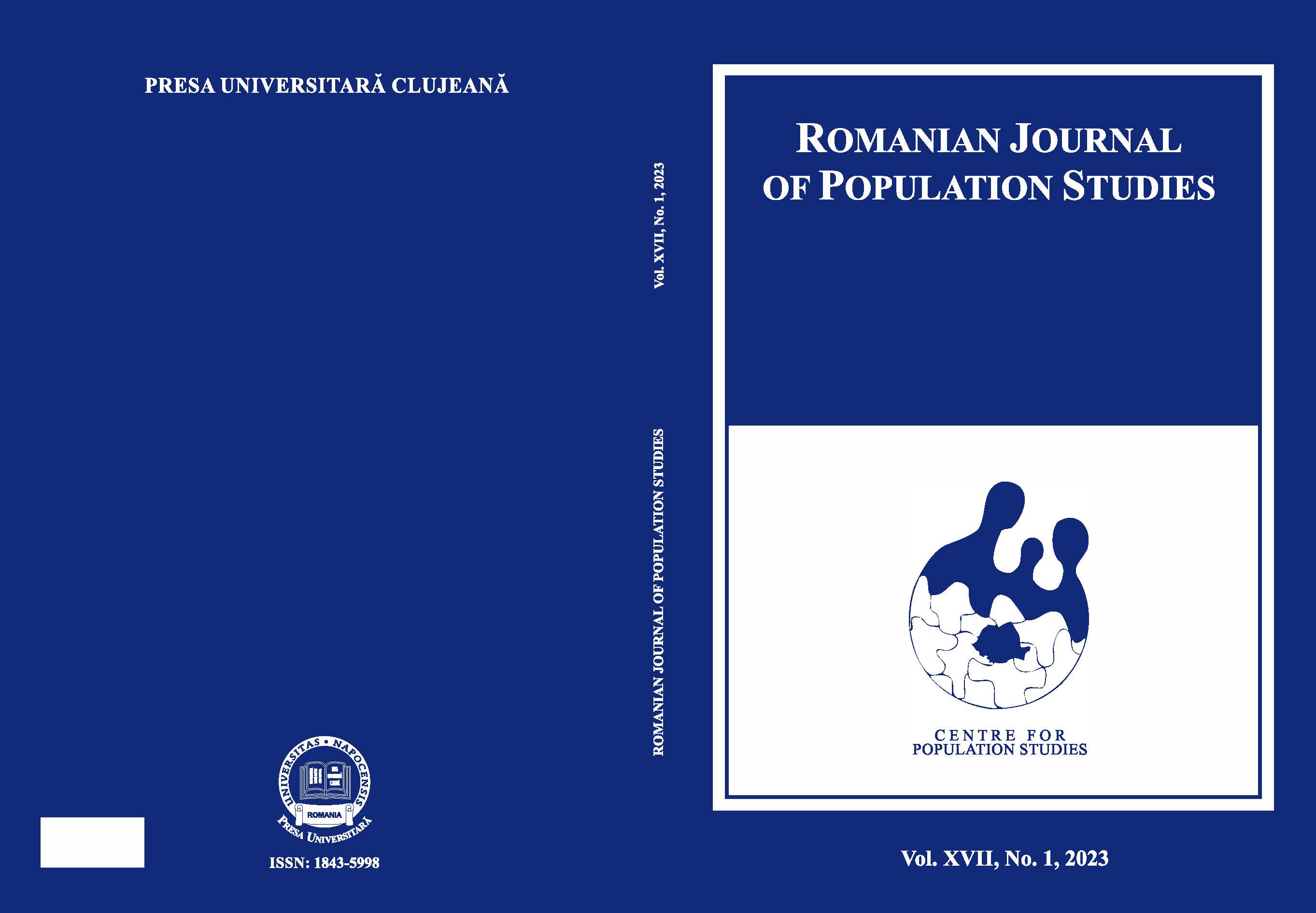The Socialization of Stay-behind Children in the Republic of Moldova Following Labour Migration of their Parents
The Socialization of Stay-behind Children in the Republic of Moldova Following Labour Migration of their Parents
Author(s): Elena Vaculovschi, Galina ŢurcanSubject(s): Economy, Individual Psychology, Cognitive Psychology, Developmental Psychology, Migration Studies, Socio-Economic Research
Published by: Centrul de Studiere a Populaţiei
Keywords: stay-behind children; labour migration; socialization; transnational families; migrant parents; agents of socialization; public authorities;
Summary/Abstract: The labour migration of parents influences stay-behind children, their state of mind and their socialization process. The influences can be both positive and negative. This article analyses how the labour migration of parents from the Republic of Moldova to the European Union influences the process of socialization of stay-behind children and explores the involvement of public authorities in the socialization of these children. Data on which the paper is based were collected in the Republic of Moldova from December 2021 through April 2022, in the course of the development of the CASTLE project. The paper reflects the opinions of members of the transnational families on stay-behind children's socialization. The socialization process of children left at home following the labour migration of their parents faces several challenges. The knowledge of these challenges and their causes can contribute to the establishment of directions and mechanisms for the realization of public policy oriented towards solving children’s social challenges. Given current conditions, organized efforts are required from all socialization agents for the effective socialization of stay-behind children.
Journal: Romanian Journal of Population Studies
- Issue Year: 17/2023
- Issue No: 1
- Page Range: 9-32
- Page Count: 29
- Language: English
- Content File-PDF

